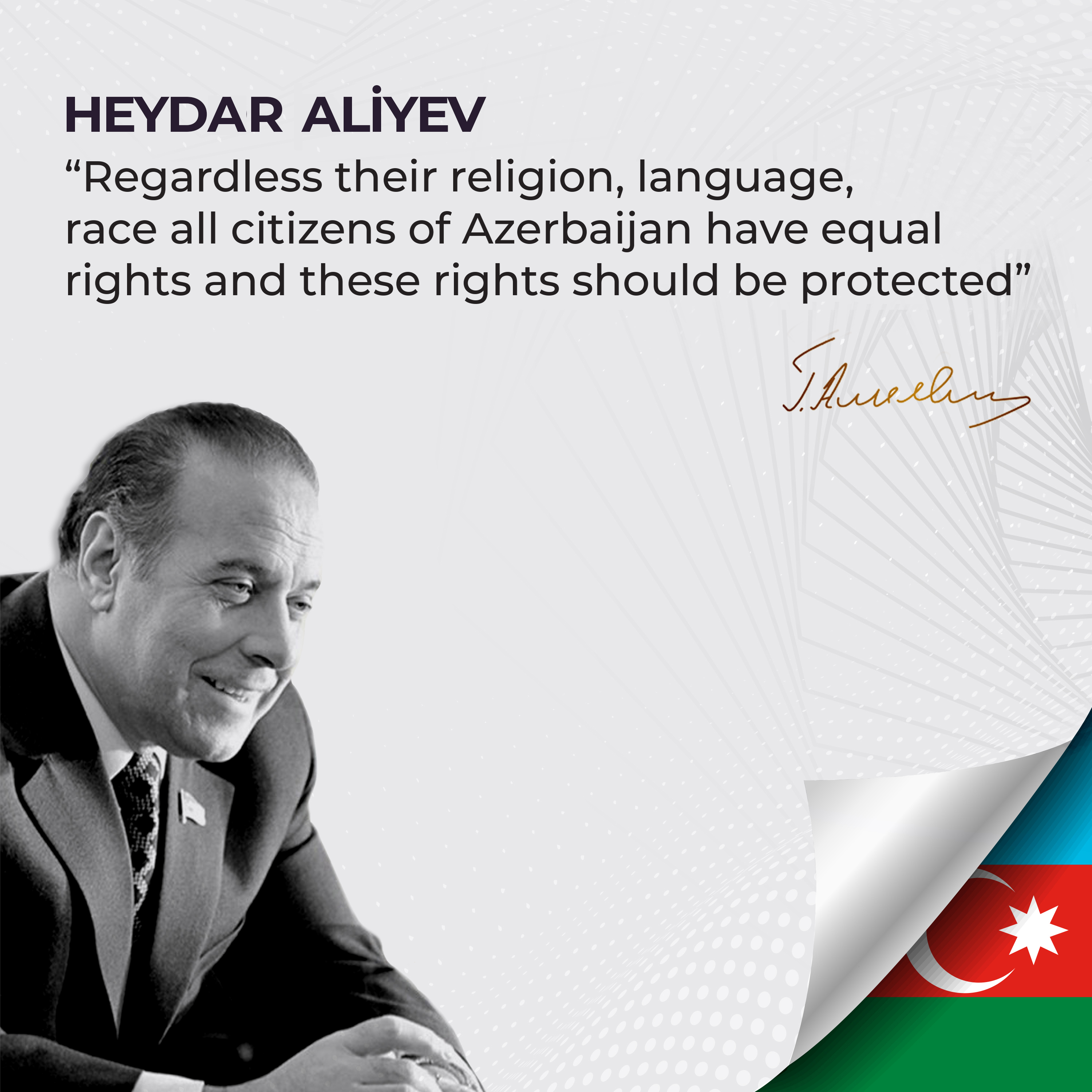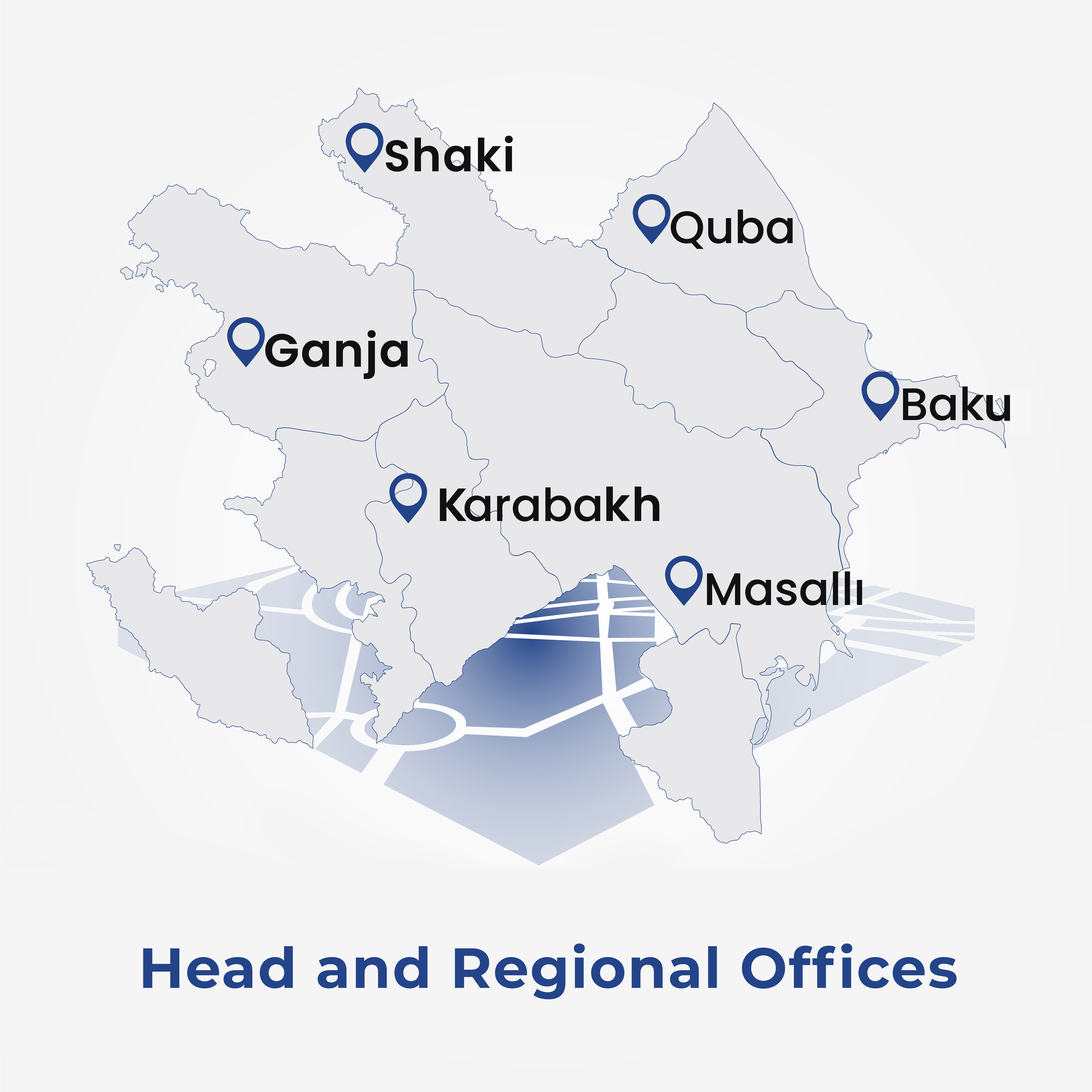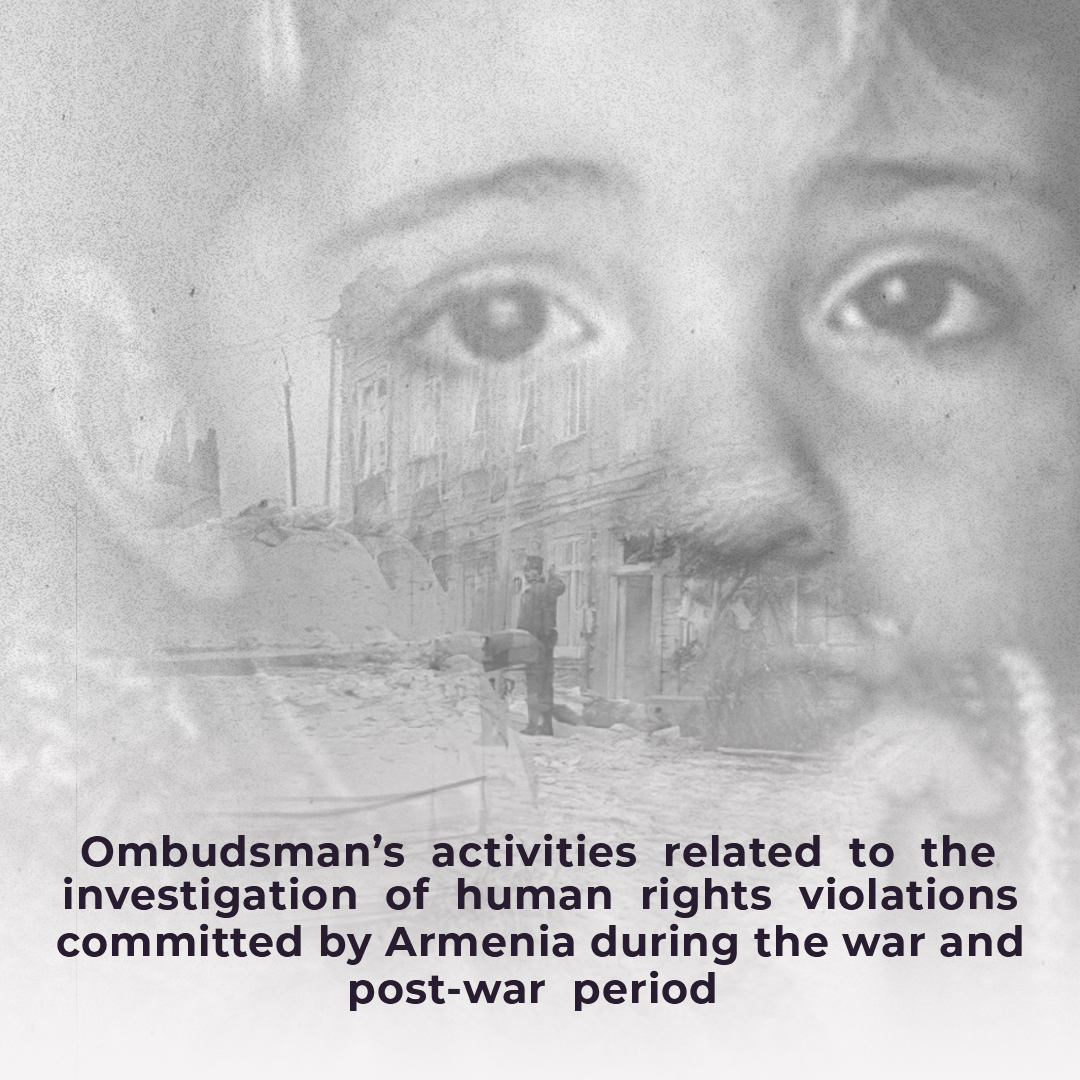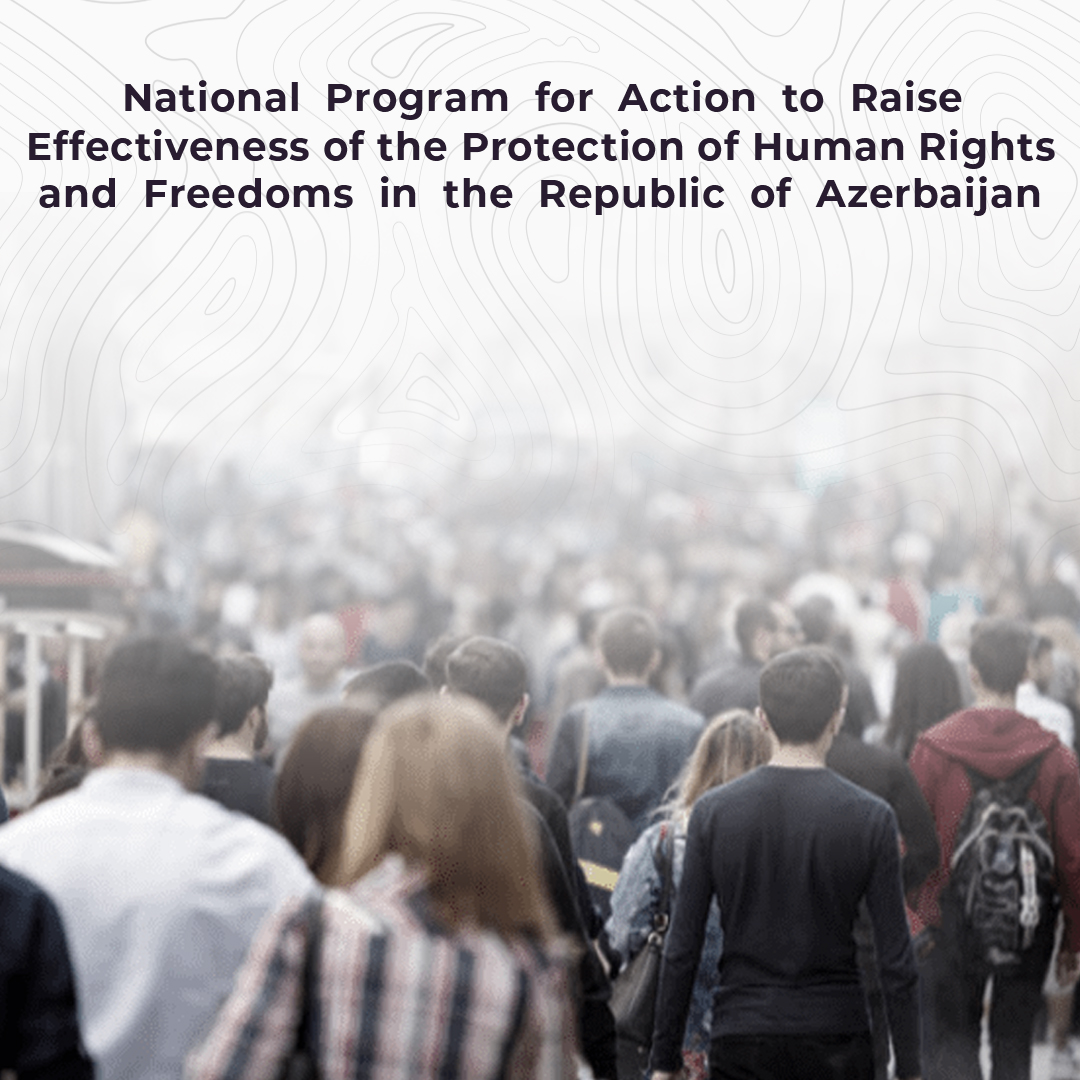
- Home page
- Commissioner
-
Activity Directions
- Mental Health and Human Rights
- Protection of the Rights of Population Groups
- Protection of the Right to Information
- Independent Monitoring Mechanism
- Legal Education
-
International Cooperation
- Cooperation with international organizations
- Cooperation with non-governmental organizations
- Study visits
- Projects
- Statements addressed to the international organizations
- “Ad hoc” reports
- Parallel and alternative reports submitted to the UN Treaty Bodies
- Oral and written statements submitted to the UN Human Rights Council
- Memorandums of cooperation
- Baku Declarations of Ombudspersons
- International Baku Forum
- Scientific Analytical Work
- Cooperation with Public and Civil Society Organizations
- Business and Human Rights
- National Preventive Mechanism Against Torture
- Protection of Human Rights
- Documents
- Media
- Live
- Contact
- Home page
- Commissioner
-
Activity Directions
- Mental Health and Human Rights
- Protection of the Rights of Population Groups
- Protection of the Right to Information
- Independent Monitoring Mechanism
- Legal Education
-
International Cooperation
- Cooperation with international organizations
- Cooperation with non-governmental organizations
- Study visits
- Projects
- Statements addressed to the international organizations
- “Ad hoc” reports
- Parallel and alternative reports submitted to the UN Treaty Bodies
- Oral and written statements submitted to the UN Human Rights Council
- Memorandums of cooperation
- Baku Declarations of Ombudspersons
- International Baku Forum
- Scientific Analytical Work
- Cooperation with Public and Civil Society Organizations
- Business and Human Rights
- National Preventive Mechanism Against Torture
- Protection of Human Rights
- Documents
- Media
- Live
- Contact
Call center
916
The Ombudsman had a meeting with the delegation of the International Commission on Missing Persons
The Commissioner for Human Rights (Ombudsman), Sabina Aliyeva, had a meeting with the delegation led by Mr. Andreas Kleiser, the Director for Policy and Cooperation of the International Commission on Missing Persons (ICMP).
ICMP engages with governments, civil society organizations, and international organizations in activities aimed at addressing the issues of missing persons resulting from armed conflicts, human rights violations, natural disasters, irregular migration, and other causes.
During the meeting, S. Aliyeva gave detailed information about the Ombudsman’s mandate and the directions of activities in the field of protection of human rights and freedoms.
The Ombudsman said that live reception of people is implemented at the Ombudsman's Office and regional centers. At the same time, it was noted that applications are received through the '916' Call Center, which operates 24/7 mode, and electronic means and social networks, necessary measures are taken for prompt resolution of violations, and responses to citizens' information requests.
The Ombudsman emphasized that nearly 4,000 Azerbaijanis went missing in the First Karabakh War and their fate remains unknown so far, and that Armenia is responsible for flagrant violations of human rights and norms of international humanitarian law. The Ombudsman spoke about raising this issue on international platforms, including making appeals to relevant international institutions and organizations.
The Ombudsman noted that Armenia, which held our territories for nearly thirty years under occupation, has committed mine terrorism. The Ombudsman added that despite repeated demands, accurate maps of the mined areas have not yet been provided to our country, which results in numerous civilian casualties from landmines.
S. Aliyeva emphasized that in order to investigate the violations of international humanitarian law norms and principles by Armenia during the war and post-war period, the Ombudsman has carried out fact-finding missions, and conducted on-site investigations, and prepared reports and statements based on the obtained factual materials, which have been sent to relevant international human rights institutions.
At the end, prospects for future cooperation between the institutions were discussed.
- National preventive mechanism against torture
- Protection of the rights of population groups
- Protection of the rights of refugees, IDPs and migrants
- Protection of the rights of detainees and prisoners
- Protection of the rights of military servants
- Protection of women's rights and provision of gender equality
- Protection of child rights
- General
- Legal awareness
- Protection of the rights of older people
- Protection of the rights of persons with disabilities
- Cooperation with public and civil society
- National preventive mechanism against torture
- International cooperation
- Non-Governmental Organizations
- Public hearings
- Mass media
- Business and Human Rights
- Protection of the rights of martyrs' families and war veterans
- Protection of the rights of migrants
- Prevention of discrimination and ensuring equality
- Right to information
- Mental health
- .
-

- The Ombudsman participated in the International Conference on “Artificial Intelligence and Human Rights: Opportunities, Risks and Visions for a Better Future” in Qatar.
-

- The Ombudsman sent letter to UN High Commissioner for Refugees regarding protection of rights of persons deported from Armenia.
-

- A representative of the Ombudsman Office took part in an event organized by the Ministry of Energy.
-

- The Ombudsman’s representatives participated in the Pardon Decree Enforcement Ceremony.
-

- A series of legal awareness events were organized by the Ombudsman's Regional Centers.
-




